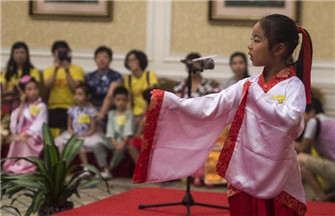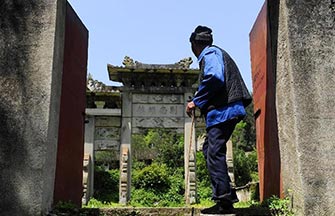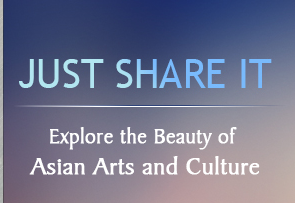China trip is homecoming for group of US musicians
By Chen Jie ( China Daily ) Updated: 2015-07-22 07:46:31
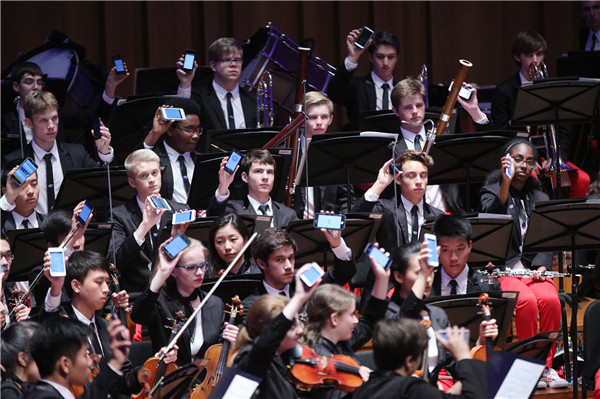 |
|
Members of the NYO-USA use their cellphones to create music while performing Tan Dun's Passacaglia: Secret of Wind and Birds. [Photo provided to China Daily] |
After moving to the United States in 2007, he enrolled in Juilliard's college-prep program. He'll go to Columbia University in the fall.
"I spend one hour practicing every day-half an hour physically playing and the other half thinking of music," Wang says.
"Though I return to Beijing almost once a year, I'm still impressed by its change every time. The city develops so fast. I also look forward to visiting Shanghai and Hong Kong, which still feel foreign to me."
Gordan Ma has joined the NYO twice.
The 18-year-old violinist says the audition is as tough as a university application. He had to write essays and pass rounds of online auditions.
His mother is from Beijing. His father comes from Anhui province.
He's proud to be this year's only NYO-USA member from North Carolina.
His favorite subjects are math and physics, and he'll study economics at Harvard this fall.
The NYO-USA's China tour also features Chinese pianist Li Yundi playing Beethoven's Piano Concerto No 5 Emperor. Composer Tan Dun was commissioned to score Passacaglia: Secret of Wind and Birds.
Passacaglia is an early-17th-century Spanish genre. Tan uses the old form but incorporates sounds from nature, such as the birds and wind.
Tan recorded bird's songs played on six traditional Chinese instruments. They were the sheng (a free-reed instrument with vertical pipes), pipa (a four-stringed plucked instrument), suona (a double-reed horn), erhu (a two-stringed bowed instrument), dizi (a Chinese flute) and guzheng (a Chinese plucked zither). He uploaded them on social media, including Twitter and WeChat.
He did so last summer in Long Li Ge Long: A Symphonic Poem with Mobiles and Audience Chant. It was a birthday gift for his longtime friend Yu Long, the orchestra's artistic director. The audience used their cell phones to create music literally in concert with the orchestra.
During other passages the players sang, hummed, whistled and snapped their fingers.
Tan says that when Carnegie Hall commissioned him to create a piece for the NYO's China tour, he wondered: What can bring the two countries' youth together? What they can explore together?
"I believe it's the wonder of nature and a dream of the future," the composer says.
"I'm always interested in nature's sounds. As early as music was invented, human beings tried to speak to nature with music. For example, many ancient Chinese instruments imitate wind, water or birds."
Dai says: "It's fun to play this piece. At a time when cell phones are the bane of concert life, Mr Tan turns these devices into essential instruments."
She says rehearsals with Tan are interesting.
"He's as energetic as us teenagers and has cool ideas. We talked a lot not only music but also about life-many things," she says.
Tan enjoyed working with the NYO-USA. Though they may not become professional musicians, they may become doctors, lawyers and scientists, he says.
"They're full of energy and passion."
|
|
|
|
|
|
|
|

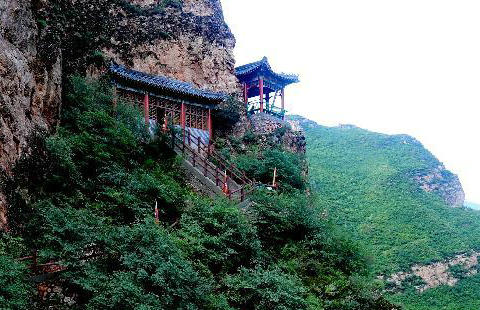
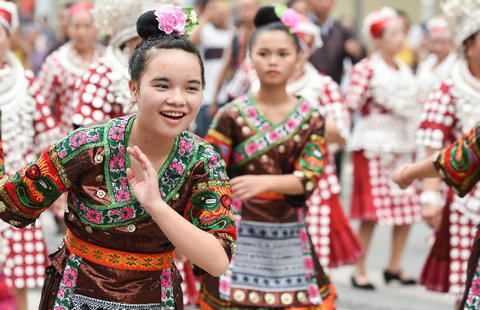

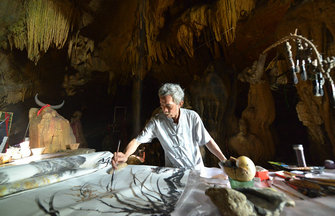
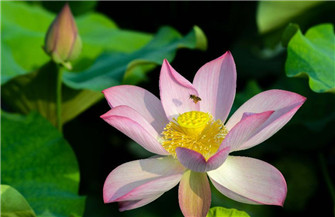
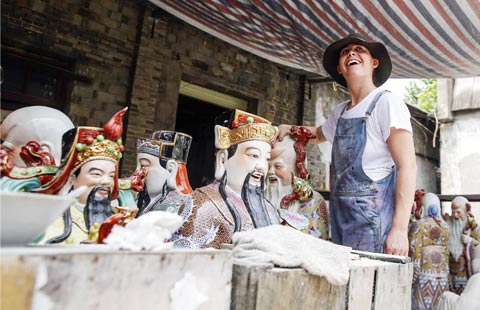
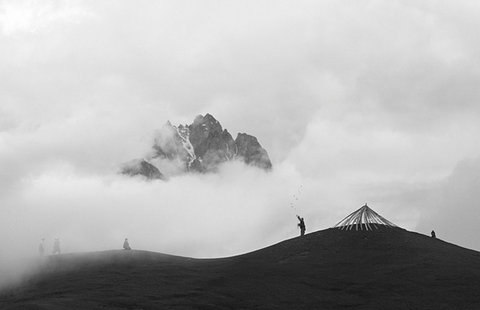
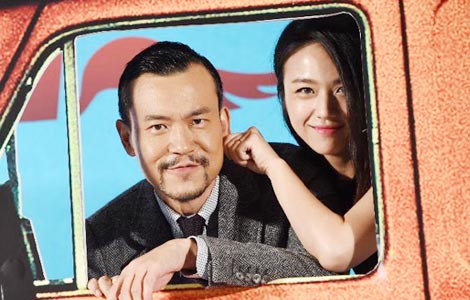

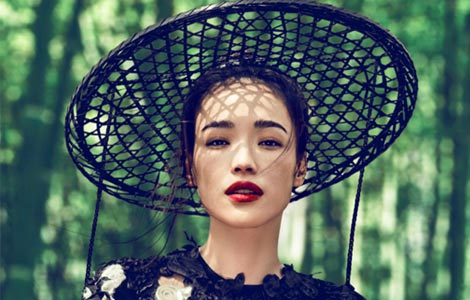

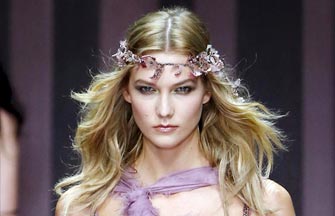
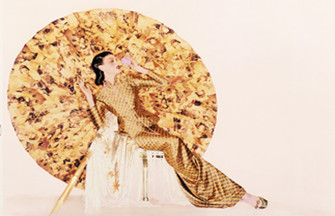

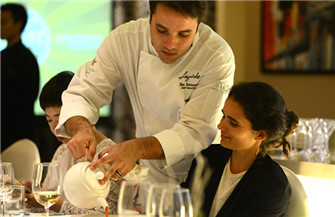



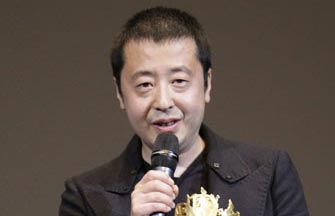
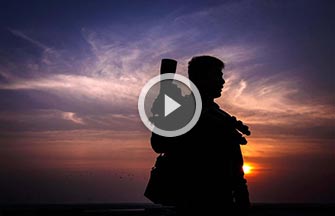
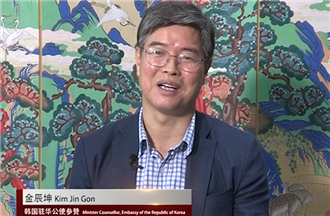
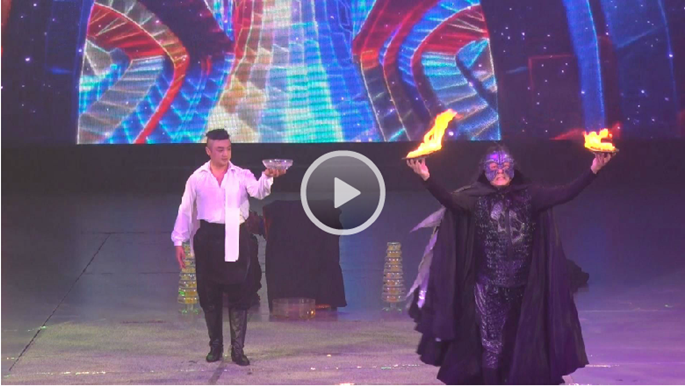
 Raymond Zhou:
Raymond Zhou: Pauline D Loh:
Pauline D Loh: Hot Pot
Hot Pot Eco China
Eco China China Dream
China Dream China Face
China Face
